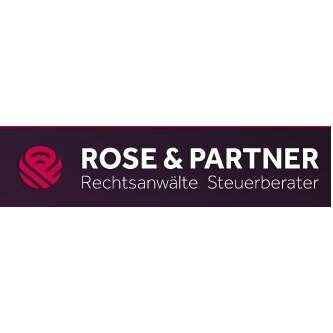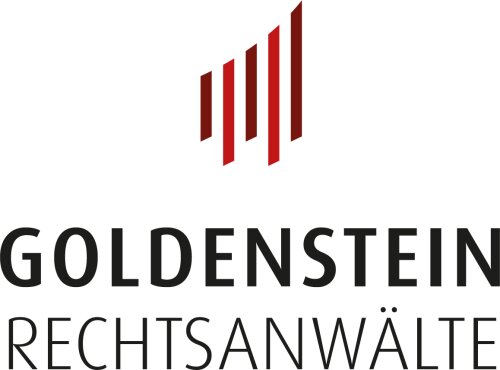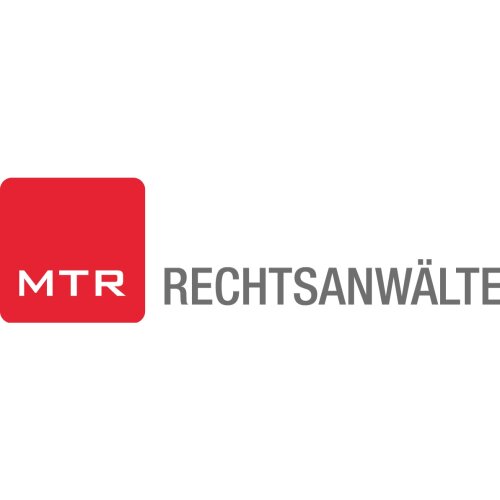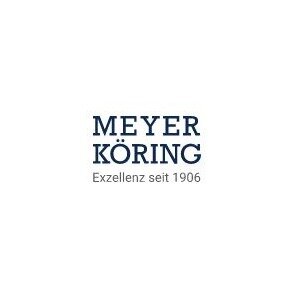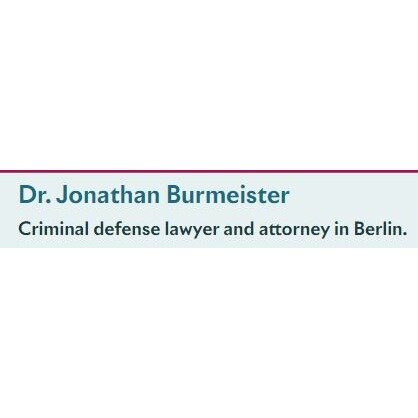Best Conveyancing Lawyers in Berlin
Share your needs with us, get contacted by law firms.
Free. Takes 2 min.
Free Guide to Hiring a Real Estate Lawyer
List of the best lawyers in Berlin, Germany
About Conveyancing Law in Berlin, Germany
Conveyancing refers to the legal process of transferring ownership of real estate from one person to another. In Berlin, Germany, conveyancing is governed by a complex set of rules designed to ensure property transactions are secure, properly documented, and legally binding. The process involves not only the signing of a purchase contract but also thorough checks of legal status, registration in the land register, and the completion of financial and tax-related formalities. Notaries have a central role in overseeing and legally executing these transactions according to German law.
Why You May Need a Lawyer
While notaries are mandatory participants in German property transactions, many people benefit from hiring a lawyer as well. Common situations where legal assistance may be needed include:
- Buying or selling property for the first time.
- Purchasing property with complicated ownership structures (e.g. inherited, divided, or tenanted properties).
- Resolving disputes with co-owners or heirs.
- Clarifying ambiguities in the terms of the purchase contract.
- Dealing with property encumbrances, easements, or mortgages.
- Managing cross-border property transactions or foreign buyers/sellers.
- Ensuring compliance with German real estate and tax law.
- Addressing issues that arise during the property registration process.
Local Laws Overview
The conveyancing process in Berlin is highly regulated and includes several essential steps:
- Purchase Contract: All property sales must be formalized by a notarial deed. The contract outlines parties, purchase price, deadlines, and any special conditions.
- Notary Involvement: The notary is a neutral party who drafts, reads, and authenticates the contract, ensuring all parties understand their rights and obligations.
- Land Registry: Ownership is officially transferred only when the buyer is registered as the new owner in the Grundbuch (land register).
- Due Diligence: All legal encumbrances, such as mortgages or rights of way, must be checked beforehand, as the purchaser assumes them unless otherwise agreed.
- Tax Implications: Real estate transfer tax (Grunderwerbsteuer) must be paid, usually by the buyer, before final registration.
- Foreign Buyers: EU and non-EU citizens are generally allowed to buy property in Germany, but should seek advice due to potential tax and residency implications.
Frequently Asked Questions
What is the role of the notary in a Berlin property transaction?
The notary prepares and authenticates the sale contract, clarifies legal terms, and ensures the transaction complies with German law. The notary also manages the application process for land registration.
Is a lawyer required when buying or selling property in Berlin?
A lawyer is not legally required, but many buyers and sellers hire one for legal advice, to review the contract, and to resolve complex issues that a notary, as a neutral party, cannot advise on.
How long does the conveyancing process typically take?
The entire process can take several weeks to a few months, depending on due diligence checks, mortgage approval, and the land registry's timeline.
What taxes and fees apply when buying property in Berlin?
The main costs include real estate transfer tax (currently 6 percent in Berlin), notary and land registry fees, and possibly agent fees if an agent was involved.
Can foreigners buy real estate in Berlin?
Yes, there are generally no restrictions for foreigners buying property in Berlin. However, tax and residency rules should be considered.
What is the Grundbuch, and why is it important?
The Grundbuch is the official land register. Only after entry into the Grundbuch does the buyer gain full legal ownership of the property.
What happens if the property has outstanding mortgages or encumbrances?
These must be settled or transferred according to the purchase agreement. Outstanding obligations should be identified and resolved prior to finalizing the purchase.
How can I ensure there are no legal issues with the property?
Thorough due diligence should be performed, including a review of the land register, zoning regulations, and any relevant legal documents, preferably with the support of a lawyer.
When is the purchase price paid?
Payment is usually made after the notary confirms all legal requirements are met, such as a priority notice in the land register, at which point the buyer is instructed to pay.
What happens if either party backs out after signing the contract?
Once notarized, the contract is legally binding. Withdrawal is usually only possible under strict conditions, and may involve penalties or damages unless mutually agreed otherwise.
Additional Resources
Individuals seeking advice or more information about conveyancing in Berlin may find the following resources useful:
- Berlin Chamber of Notaries (Notarkammer Berlin) - Offers notary information and referral services.
- German Bar Association (Deutscher Anwaltverein) - Directory of qualified lawyers.
- Land Registry Offices (Grundbuchamt) - For information on the land register and property status.
- Berlin Senate Department for Urban Development and Housing (Senatsverwaltung für Stadtentwicklung und Wohnen) - Provides guidelines on real estate regulations and procedures.
- Consumer Advice Agencies (Verbraucherzentrale Berlin) - Provide guidance on property contracts and consumer rights.
Next Steps
If you need legal assistance with conveyancing in Berlin, consider the following steps:
- Gather relevant documents, such as title deeds, mortgage information, and identification.
- Research and contact a qualified lawyer or legal adviser specializing in German real estate law.
- Consult with a notary early for formal procedural advice and contract preparation.
- Ask your legal adviser to review all contracts before signing and to help identify any legal risks.
- Plan your finances, including taxes and fees, and ensure all payments are securely managed in accordance with the notary's instructions.
- Stay proactive throughout the process and communicate regularly with your legal adviser and notary to address any uncertainties as they arise.
Taking these steps will help you navigate the conveyancing process with confidence and legal protection in Berlin, Germany.
Lawzana helps you find the best lawyers and law firms in Berlin through a curated and pre-screened list of qualified legal professionals. Our platform offers rankings and detailed profiles of attorneys and law firms, allowing you to compare based on practice areas, including Conveyancing, experience, and client feedback.
Each profile includes a description of the firm's areas of practice, client reviews, team members and partners, year of establishment, spoken languages, office locations, contact information, social media presence, and any published articles or resources. Most firms on our platform speak English and are experienced in both local and international legal matters.
Get a quote from top-rated law firms in Berlin, Germany — quickly, securely, and without unnecessary hassle.
Disclaimer:
The information provided on this page is for general informational purposes only and does not constitute legal advice. While we strive to ensure the accuracy and relevance of the content, legal information may change over time, and interpretations of the law can vary. You should always consult with a qualified legal professional for advice specific to your situation.
We disclaim all liability for actions taken or not taken based on the content of this page. If you believe any information is incorrect or outdated, please contact us, and we will review and update it where appropriate.



